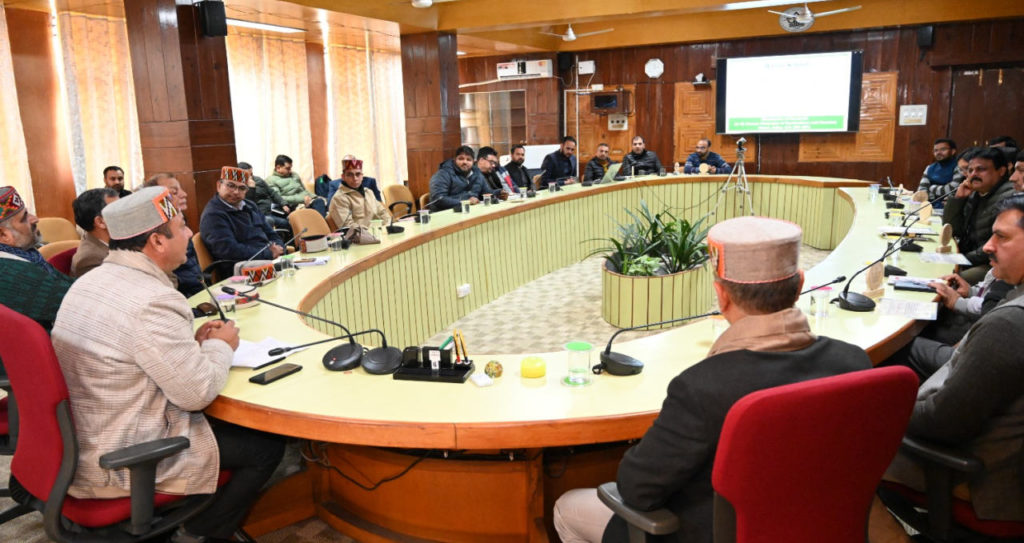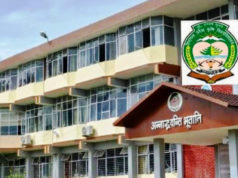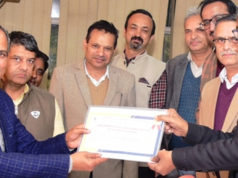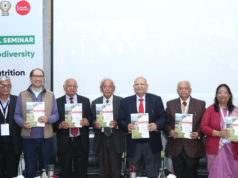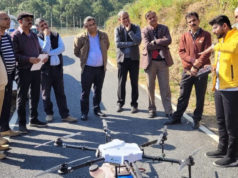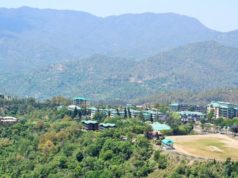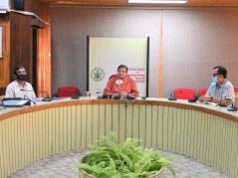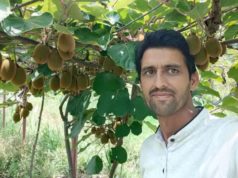Nauni/Solan – In a bid to address the pressing challenges of climate change and bolster the economic prospects of farmers, the Dr YS Parmar University of Horticulture and Forestry, Nauni, recently concluded a 21-day Winter School on Agroforestry. Under the aegis of the Indian Council of Agricultural Research (ICAR), the program brought together fifteen scientists from various states across India. The overarching theme, “AgroForestry – A Potential Approach to Mitigate Climate,” underscored the critical role agroforestry can play in fostering climate resilience, offering a holistic solution to environmental degradation, poverty, and food insecurity.
The winter school aimed to equip participants with the latest insights and innovations in agroforestry, balancing theoretical knowledge with practical experiences, including industrial visits. The program, sponsored by ICAR, focused on developing climate-resilient agroforestry systems and assessing their impact on economic, ecological, and social parameters. Renowned experts from diverse institutes in India and abroad served as invaluable resources during the three-week course, interacting closely with participants.
During the valedictory session, Dr. Sanjeev Chauhan, Director of Research at the university, emphasized the transformative potential of agroforestry in uplifting impoverished communities grappling with hunger, malnutrition, and environmental deterioration. He highlighted that beyond ensuring food and livelihood security, agroforestry systems contribute significantly to CO2 sequestration due to the integration of trees.
Dr. Inder Dev, Director of Extension Education, echoed these sentiments, characterizing agroforestry as a dynamic, ecologically sound, and natural resource-conserving practice. He stressed that approximately 1.2 billion people heavily rely on agroforestry products and services for their survival. Dr. Dev urged scientists to integrate trees into farming systems, not only to ensure prosperity at the farm level but also to generate extra income through marketable products such as timber, building poles, firewood, animal fodder, fruits, and medicines.
The increasing global awareness of the adverse impacts of greenhouse gas emissions and climate change has prompted many countries, including India, to identify agroforestry systems as a crucial climate change adaptation strategy. Dr. Dev pointed out that the focus on trees, as opposed to other vegetation, is due to their ability to sequester a relatively large quantity of carbon for an extended period.
To engage and inspire participants, the Winter School incorporated farm visits, interactions with local farmers, and an industrial tour focusing on the production and utilization of wood-based resources. These experiences aimed to encourage trainees to implement agroforestry practices in their respective institutes, creating a ripple effect in the broader agricultural landscape.


